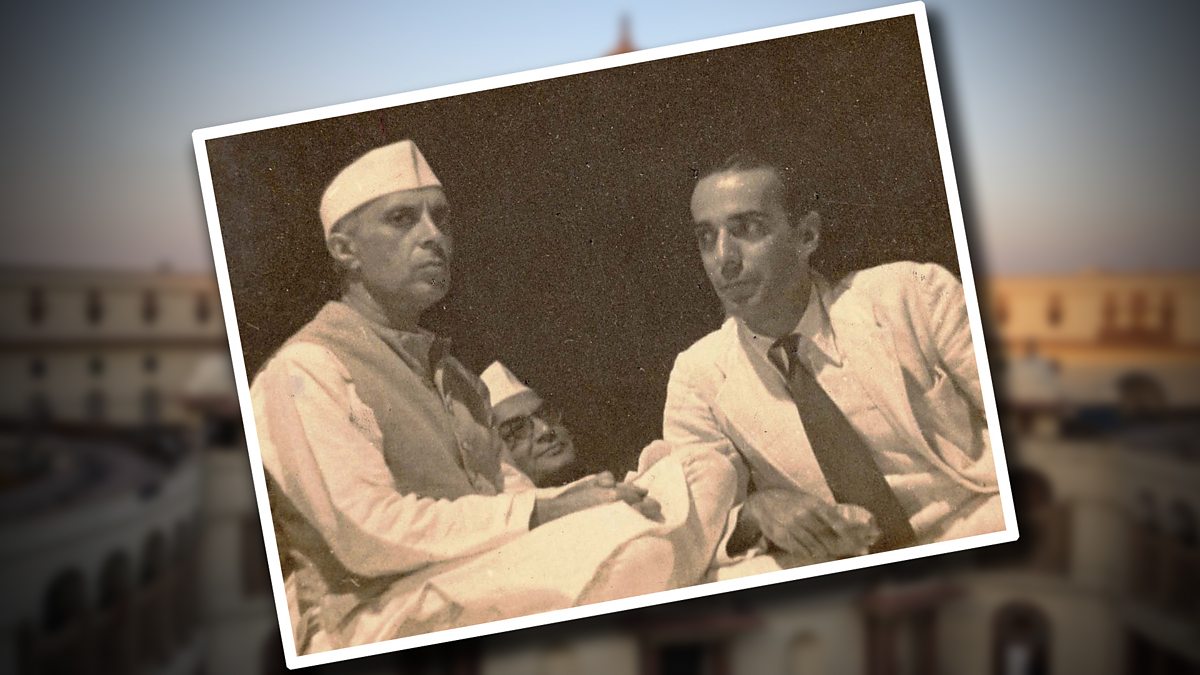I thoroughly "enjoyed" this film, though it is also very interesting to read the reviews in the newspapers, the Radio Times, and also some opinion pieces such as Fatima Bhutto's Guardian article. I suggest reading most of them. Some have viewed this as a glossy Downton Abbey sort of film, while others have seen other things in it. Some feel it has downplayed the problems which existed before 1947, and that there isn't really enough portrayal of the violence and difficulties which existed before.
To me this seems unfair, as it is hard to see how such a vast subject about a vast country could be handled much better in a "short" film of only 106 minutes. One possible "improvement" would have been to cut the film short, about 3-5 minutes before the end, but perhaps I'd better not suggest why at this point [spoiler].
Personally I thought it was a fascinating film, though some would only see the glossy "exterior", rather than the very disturbing undercurrents. I'd be happy to revisit any discussion in a while, but for the moment all I would suggest is to see it.
To me this seems unfair, as it is hard to see how such a vast subject about a vast country could be handled much better in a "short" film of only 106 minutes. One possible "improvement" would have been to cut the film short, about 3-5 minutes before the end, but perhaps I'd better not suggest why at this point [spoiler].
Personally I thought it was a fascinating film, though some would only see the glossy "exterior", rather than the very disturbing undercurrents. I'd be happy to revisit any discussion in a while, but for the moment all I would suggest is to see it.

Comment